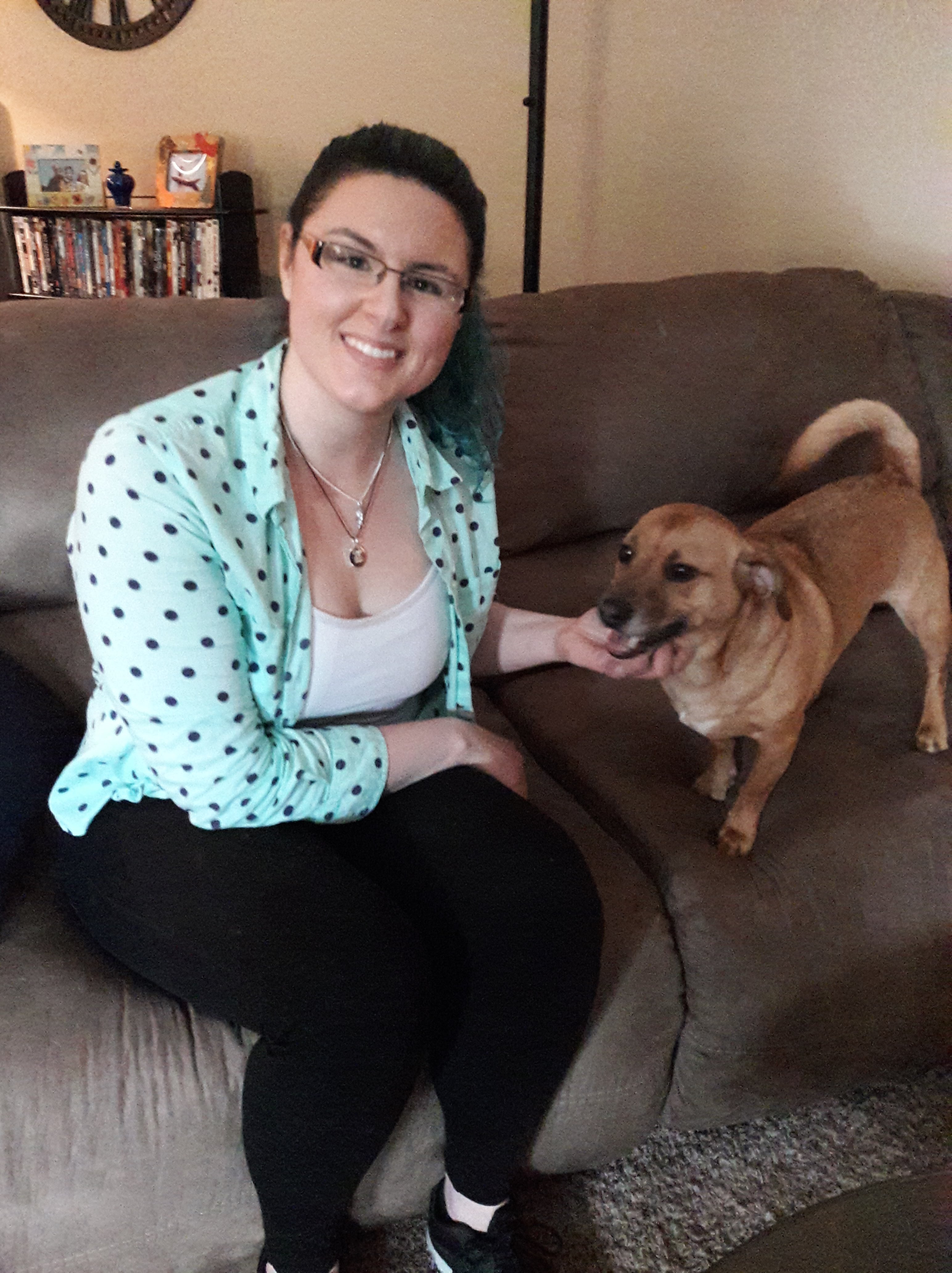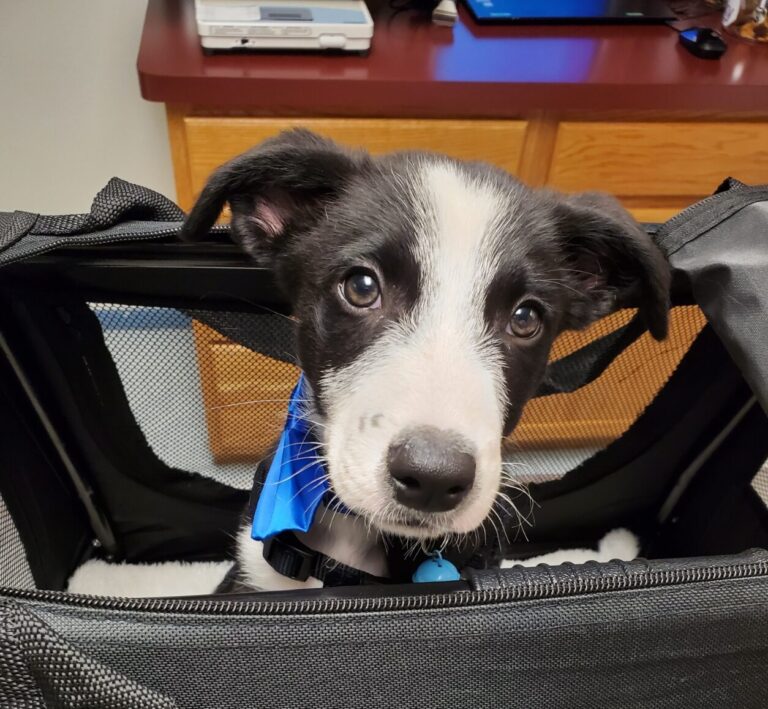Adopt don’t shop.
Isn’t that the mantra of pet lovers these days? While that’s all well and good there is little effort put into keeping dogs in the homes where they’re at. While the pet industry has done wonders with supporting the dogs that need good homes, what have they done to change a bad home, into a good one? It all starts with early education.
So if you’re a struggling spouse arguing over the validity of keeping your current pet, or a person still living with your parents begging for your animal to stay, this is for you. A checklist of things to consider before putting your dog in the shelter system.

- Does your dog have unwanted behavior? That behavior doesn’t go away unless you work on it. Dogs with unwanted behavior get adopted and thrown back into the system to home, after home. A very high stress situation for dogs with little consistency. Stress can escalate behavior problems and create completely unadoptable dogs.
- Work with a force free trainer. Have you already started working with a trainer? Was the prognosis poor even if you are willing to give it your all? Find a force free trainer with an amazing track record. Dog training is a completely unregulated industry and you can claim to be one today without anyone overseeing your work. Beware.
- Are you sure your dog has everything it needs? For hyper and high energy animals you have to put in the work. What are you doing to keep them busy while you’re away? Ditch the food bowl and use frozen kongs to feed meals twice a day or more. Install a doggy door to the fenced-in backyard, get an automatic play system like the iFetch, treat and train, or PetTutor so your dog will be tired by the time you get home.
- Hire a dog walker. To play with and walk your dog a couple times a week. Socialization is a life long pursuit and should never stop. Can’t take fido on a walk? See number 2 to solve that.
- Aggression. Does your dog have a history of aggression? STOP. Do not place your dog in the shelter system. Dogs can act friendly in stressful environments and quickly change once they settle in. Families can adopt what appears to be a friendly dog at first meeting, and if that is your aggressive dog it isn’t going to end well.
- Consider a family member or friend. If you can’t take care of your animal right now, find a temporary home or board your dog. You can eventually become reunited and prevent a life of regret and sorrow. Don’t be a jerk and “forget” your pet there either.
- Have you provided a full written history to the shelter or home? A written list of things your animal likes and dislikes can greatly increase the adoptability of your pet if worse comes to worse. Provide a synopsis of where you got the dog, how long you’ve owned them, the honest reasons you are giving them up, and a list of the good and bad habits you’ve seen from them. Being honest with your pet’s flaws will only help prepare the adopter and decrease the likeliness of being returned to the shelter.
- Did you adopt the dog? Place the dog back with the original organization. It’s in the contract you signed.

